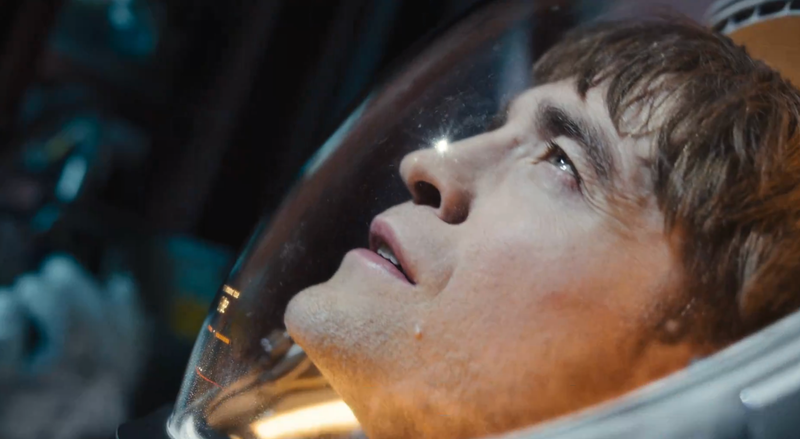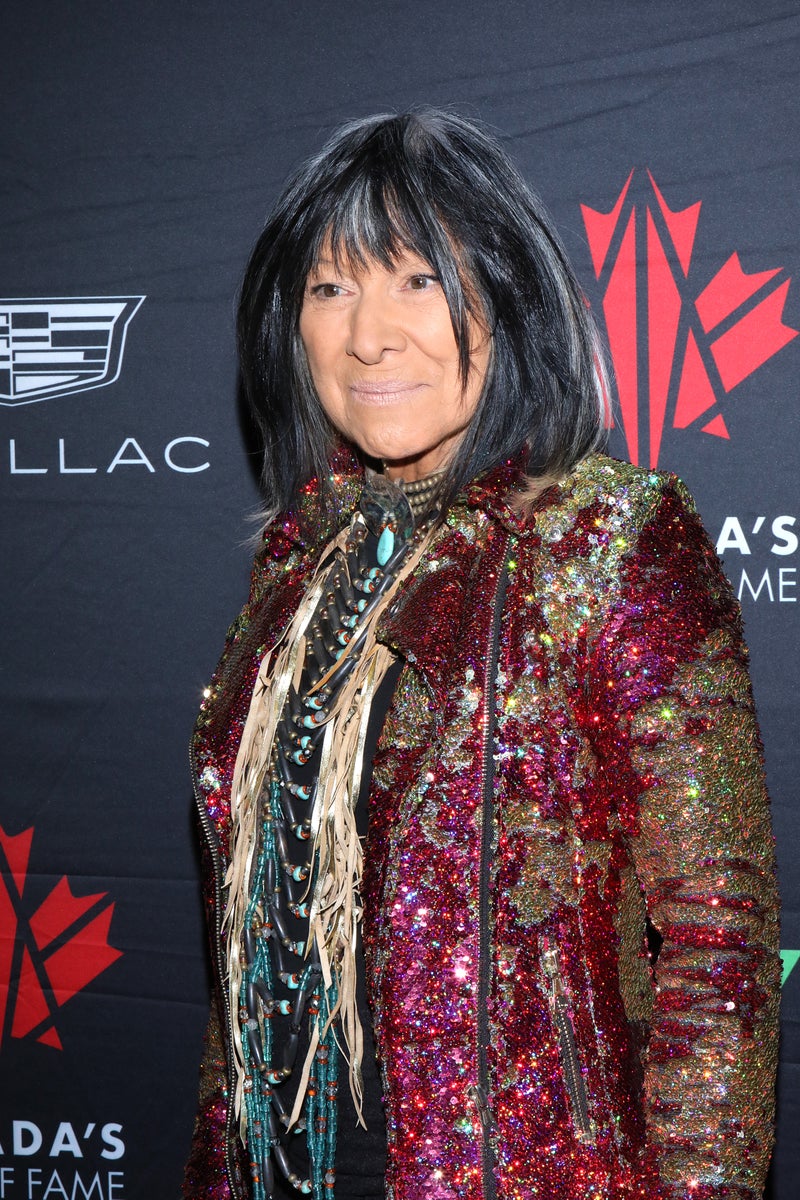The Paper, Ron Howard’s underappreciated 1994 comedy drama, is latest in our series in which writers highlight their favourite comfort films. I can’t claim to like many Ron Howard films. And probably few of his devoted fans count The Paper, the director’s 1994 comedy-drama about a day in the life of a New York tabloid, among their favourites. It is, at best, a three-star film, which received mixed reviews and has faded from memory – but it’s also a perfect mid-range movie featuring adults. The much-lamented genre of not very serious but not stupid, well-crafted films in the non-spandex-or-franchise cinematic universe.
This, to me, is the essence of a feelgood film: it’s a crisp 112 minutes, it doesn’t strain for awards or grandeur, it has drama and humour, and fine actors you recognise. Perhaps previously it would have simply been called middlebrow. Sometimes that’s just what you need.
Granted, its inciting incident involves a double-murder mafia hit that gets pinned on two Black teenagers: this doesn’t scream feelgood. There is a serious version that could be made in the vein of Spotlight or Zodiac. Or more likely now, an excessively drawn-out prestige-ish streaming series.
In Howard’s hands it has a manic screwball energy, recalling classics of the 1930s, 40s and 50s, as journalists at an embattled, loss-making tabloid chase down the truth of a story that they sense stinks. Michael Keaton leads a great cast as the harried metro editor of the New York Sun. He is sore about missing the overnight murders and is determined to get the real day-two story. He’s also parrying the pleas of his heavily pregnant wife to take a job at the New York Sentinel (an obvious Times stand-in), where he has an interview later – monologist Spalding Gray hams it up as an editor at the august paper. Marisa Tomei plays Keaton’s wife, a reporter whose instincts kick in while on maternity leave. Glenn Close is the tortured villain as the Sun’s managing editor, naturally, for valuing the purse strings over news value. There are nice turns for Robert Duvall, Catherine O’Hara and Jason Alexander, while Randy Quaid brings a suitably wild-but-weary energy to a gun-carrying columnist – modelled on the likes of Mike McAlary and Jimmy Breslin.
A small role for Jason Robards as the paper’s proprietor is a neat nod to the celebrated journalism film All the President’s Men. There are also numerous recognisable “that guy” actors, and fleeting cameos for noted writers and journalists from the city including Pete Hamill, Richard Price and Graydon Carter.
It’s no match for The Sweet Smell of Success but it captures the idealised energy of tabloid newspapers: all sweaty offices and acerbic wit. There are lots of cigarettes, unkempt journalists and desks overflowing with detritus. It offers a vision of grimy New York just before the Giuliani-era cleanup kicked in. Keen observers will note the opening scene at a diner by the Williamsburg bridge – back when people went there to die not to dine. In real life, this location would later be transformed into Diner, the restaurant at the centre of 2000s Brooklyn gentrification.
I love seeing various 90s versions of New York on screen (Party Girl, The Daytrippers, City Hall, Die Hard with a Vengeance and Hal Hartley’s Amateur are among my favourites) as it is somewhat less documented and romanticised than the darker 70s and 80s iterations. There’s a similar feeling watching early seasons of Law & Order.
As a teenager in Dublin, with a burgeoning interest in pop culture and the media, I was inevitably (and unoriginally) drawn towards New York. At some point in the mid-90s I remember hearing the Irish journalist Fintan O’Toole on the radio: he had taken on a role as a theatre critic for the New York Daily News and was talking about US events and giving a flavour of life at the tabloid. It didn’t seem glamorous, exactly, but it all felt exciting and dramatic. A bigger, noisier, oddly aspirational world. It was around this time that I first rented The Paper on VHS. I knew then, as I know now, that it is an average three-star film that I absolutely love. Numerous viewings have followed.
Perhaps it’s all just borrowed nostalgia for the half-remembered 90s, to remix James Murphy’s lyric. But I see it as a feelgood film that makes you feel good because it never shouts about it; there’s no need to force joy, it’s just there in all that messy exuberance. The maddening life happening relentlessly, the people at work in the loud city, the thrill of chasing down a story – this is what is actually joyful.
Of course, amid some acid there is sweetness in The Paper, and a happy ending too. After a long hot day of literal blood, sweat and tears (the film strains credulity – it’s a three star-er afterall), the journalists get the right scoop by the skin of their teeth. The paper goes to press. The innocent teens are cleared. The sun rises and New York awakes again. We start all over with an empty front page to fill.































